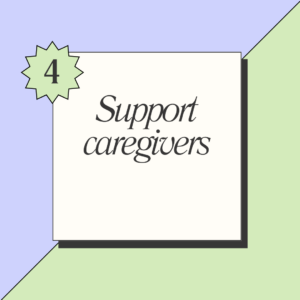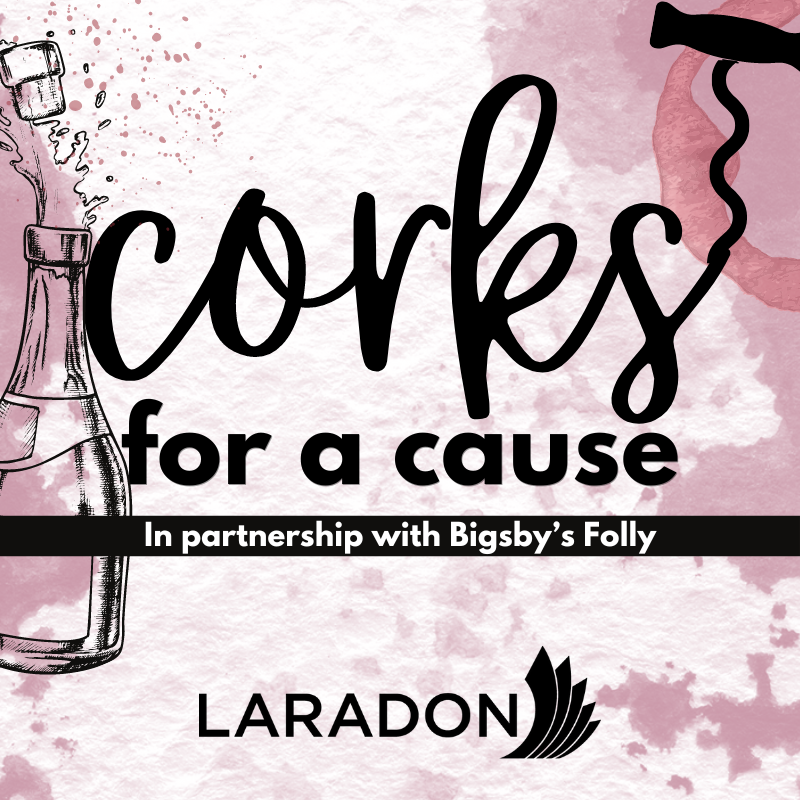
Did you know May is Mental Health Awareness Month? In honor of this, we spoke with Trisha Goetz, Laradon’s Chief Clinical and Operating Officer, to break down some common stereotypes about the intersection between intellectual and developmental disabilities and mental health.
Here’s what she had to say!

“Stereotypes concerning mental health, intellectual, and developmental disabilities are prevalent in society and can have negative effects on individuals who experience these conditions. Some common stereotypes include:
1. Mental health: People with mental health conditions are often stereotyped as being dangerous, unpredictable, and unable to function in society. They may be seen as weak or lacking willpower, and their conditions may be dismissed as a personal weakness or character flaw.
2. Intellectual and/or developmental disabilities: People with intellectual disabilities are often stereotyped as being childlike, dependent, and unable to learn or contribute to society. People with developmental disabilities are often stereotyped as being socially awkward, uncommunicative, and lacking in empathy. They may be seen as a burden on their families and society, and their abilities may be underestimated or overlooked.
These stereotypes can lead to discrimination, stigma, and social exclusion for individuals with mental health, intellectual, and developmental disabilities. They can also make it more difficult for these individuals to access the support and resources they need to live fulfilling lives. It is important to challenge these stereotypes and promote a more inclusive and accepting society for all individuals.
Addressing the intersectionality between mental health concerns and intellectual and developmental disabilities (IDD) requires a comprehensive approach that takes into account the unique needs and challenges of individuals with IDD who also experience mental health concerns. Here are some ways to address this intersectionality:

There is a need for increased awareness and education about the intersectionality between mental health concerns and IDD. This includes training for healthcare providers, educators, and caregivers on how to recognize and address mental health concerns in individuals with IDD.
Individuals with IDD may face barriers to accessing mental health services, such as a lack of specialized providers or difficulty communicating their needs. Mental health services should be made accessible and tailored to the needs of individuals with IDD, including the use of visual aids, simplified language, and other accommodations.


Individuals with IDD may also experience co-occurring conditions, such as anxiety or depression, that can exacerbate their mental health concerns. It is important to address these co-occurring conditions in a holistic manner, including medication management, therapy, and other interventions.
Caregivers of individuals with IDD may also experience mental health concerns due to the stress and demands of caregiving. It is important to provide support and resources for caregivers, including respite care, counseling, and other forms of support.


Individuals with IDD may experience social isolation and exclusion, which can contribute to mental health concerns. It is important to foster inclusion and social support for individuals with IDD, including opportunities for socialization, community involvement, and peer support. “

April 11 @ 5:00 pm - 8:00 pm MDT

Donate to Laradon Hall Society for Exceptional Children and Adults this Colorado Gives Day!